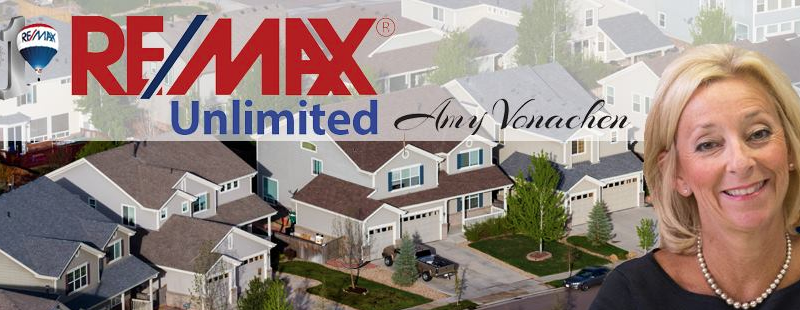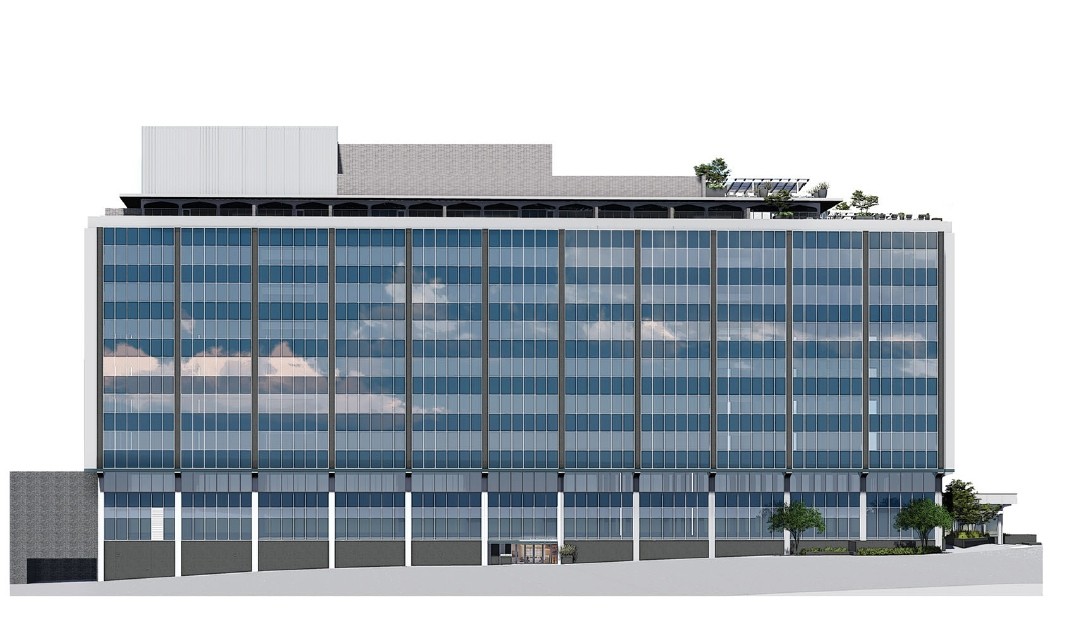The 411 on Neighborhoods on the Upswing
Post on: 7 Апрель, 2015 No Comment

Resale Dream or High-Crime Nightmare?
Found This Helpful
Most areas on the up are old urban neighborhoods. (photo: Jupiterimages/Photos.com/Getty Images)
You’re going to have a much higher than average increase to your property value for the next five to 10 years.
Phil Heep, Realtor, Your Castle Real Estate, Denver
You want a larger home and you found one you really love that’s the right price. But it’s in an area that’s a little rough around the edges. You love that your house might have a great resell value, but are you risking too much? How do you know that both you and your money will be safe, and what measures should you take to check out the area before making your purchase?
Crime — What to Look For
In lower-income areas, crime rates tend to be higher. But just how high they really are is an important thing to discover before making a purchase decision about a neighborhood that’s on the way back but not quite there yet.
Lead Police Officer Rob Benavidez of the North Hollywood Division in Los Angeles had this to say: On your city police website there are links to crime stats. But even better is to look for your local division and then ask who the lead officers in charge of your area are. We know the areas, and we know the crime stats. Sometimes when you just pull the stats that are available, it doesn’t give you, in my opinion, a good and accurate description of the neighborhood because sometimes crimes aren’t reported. So stop by the local police department, talk to them and get a good feel for the neighborhood.
Knocking on some doors isn’t a bad idea either. Introducing yourself to residents and local business owners gives you a good picture of what’s going on in the area. Try to gauge if people feel safe there and ask them how much crime they’ve experienced in the area.
When you’re shopping for your new home, some signs of perilously high crime rates, Benavidez said, are gang members or abandoned vehicles — that’s an indication.
Tips on Living in an Evolving Neighborhood
Get to know your neighbors: Be friendly and offer to keep an eye on their homes and cars. They will probably do the same for you. Learn what cars belong in the street and take note of any suspicious activity.
Start a Neighborhood Watch group: To create an official group, check out your city’s website and follow instructions so that you can register members and organize meetings if necessary.
Secure your house: Make sure your doors are fitted with double locks, and if you’re concerned, fit a bolt to the inside for extra nighttime security. Ensure that your windows are lockable, particularly downstairs. Don’t leave yourself open to opportunist burglars.
Park safely: Wherever possible, don’t park on the street; park your car in a garage if you can. If it is in plain sight, never leave anything of value inside and make sure that bags and anything possibly appealing is not visible through the windows. If possible, detach your stereo system when leaving the car.
Close your garage: This sounds obvious, but during the day, you might be working on your house and leave the garage open. This is a very common opportunity for thieves to stroll in and take expensive tools or larger items.
Up-and-Coming or Down-and-Out?
So how do you know which neighborhood is really going to increase in value and which is going nowhere good?

Phil Heep, a real estate agent with Your Castle Real Estate in Denver, says there are some key things to look out for.
If you see signs in yards for roofing companies or paint companies, then people are improving the street and putting money into it, or if you see a few houses on the same block that are being worked on or updated, that’s a sign that the area is generally improving.
Also, dumpsters in the street might look ugly, but they’re actually a good sign. Where dumpsters go, construction is happening, too, and construction means that money is being invested in improving the neighborhood.
Pros and Cons
Buying in an up-and-coming neighborhood can get you into a decent-sized home even in economic hard times. You’ll get more for your money, and with homes being foreclosed on, particularly in more down-at-the-heel areas, you can snap up a good deal.
However, Heep says, you need to bear in mind certain factors. I tell clients they need to be prepared for some possible safety issues, but more so it’s things like graffiti, noise and trash, especially if you’re one of the first people in a neighborhood that’s changing. In the city you’ll also occasionally have homeless people around and public drunkenness, for example.
But moving into up-and-coming neighborhoods has its upside. Heep added: There are financial advantages. You’re going to have a much higher than average increase to your property value for the next five to 10 years.
So does that mean you will have to stay in this area for a long time to reap the cash rewards? Heep answered: It depends on the economy. In a strong economy, you might make money pretty quickly, but in a slower economy, you may need to wait a few years to make that return, but there will still be good profit in it.
You’ll likely get more bang for your buck, but don’t necessarily assume you can score a large backyard in this sort of neighborhood.
In up-and-coming areas, you might be able to afford a bigger home than you otherwise would, but the lots tend to be small, as lower-value neighborhoods that are on the up are usually in a central urban area, Heep said.














